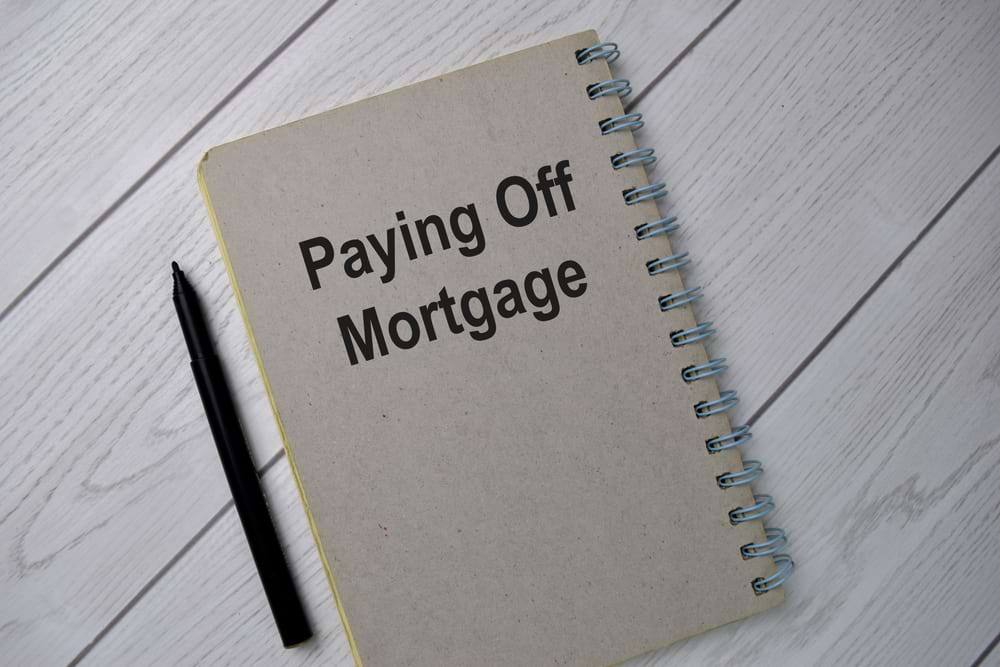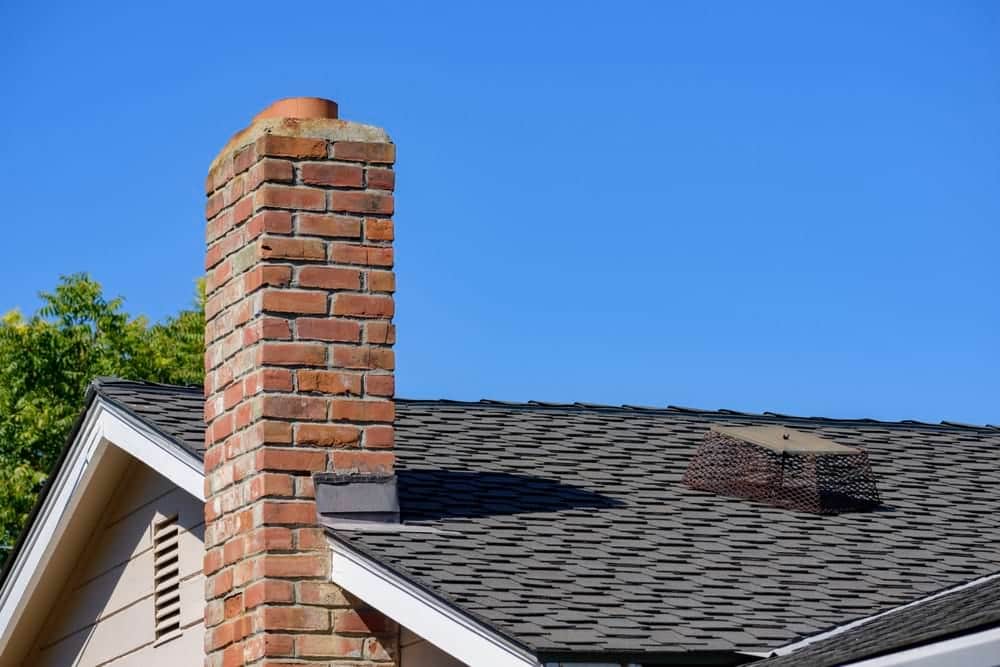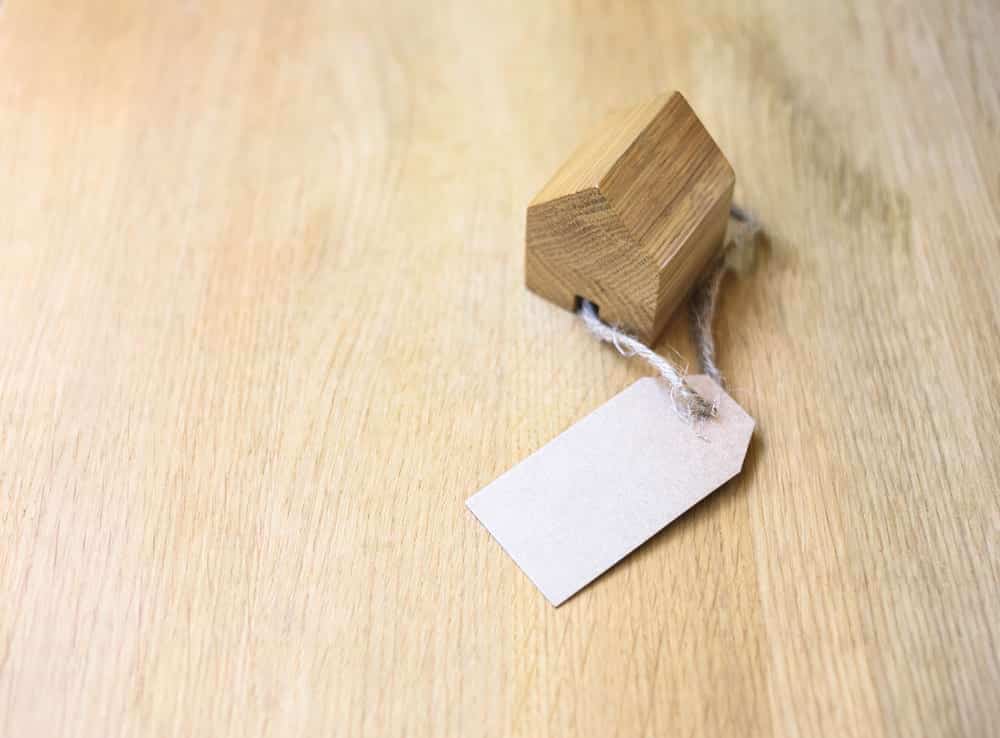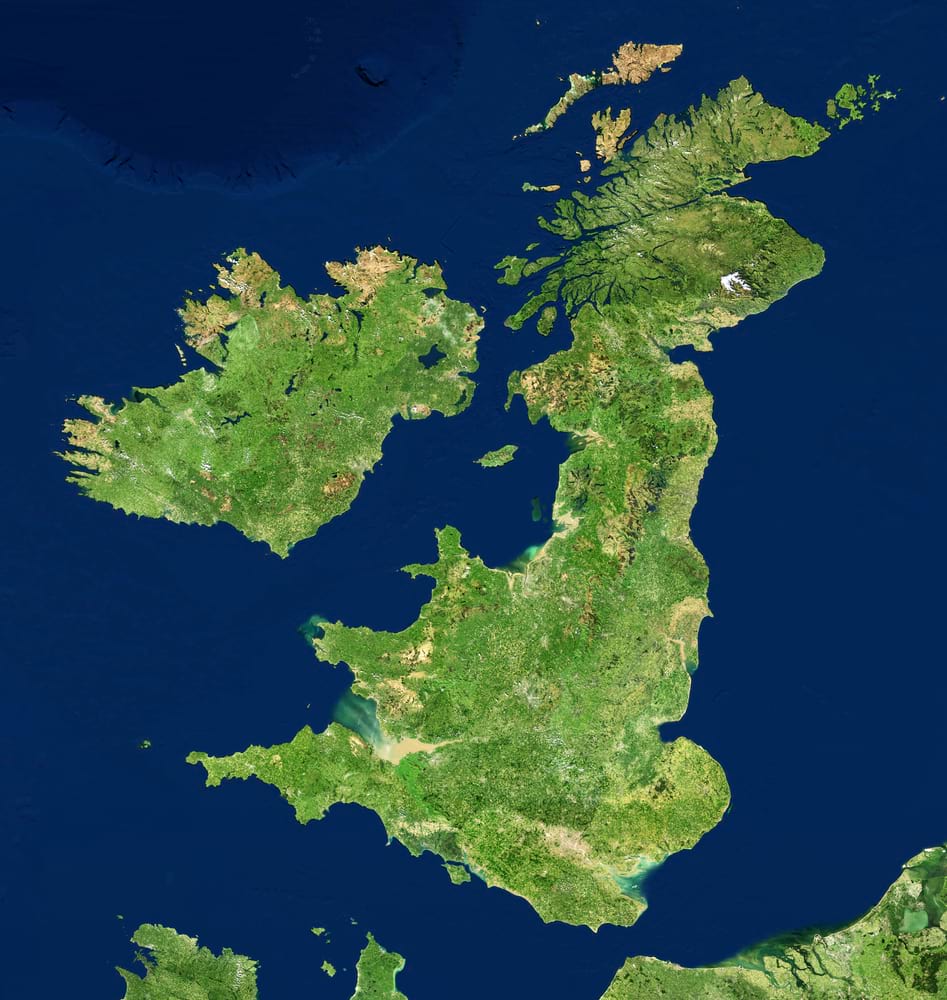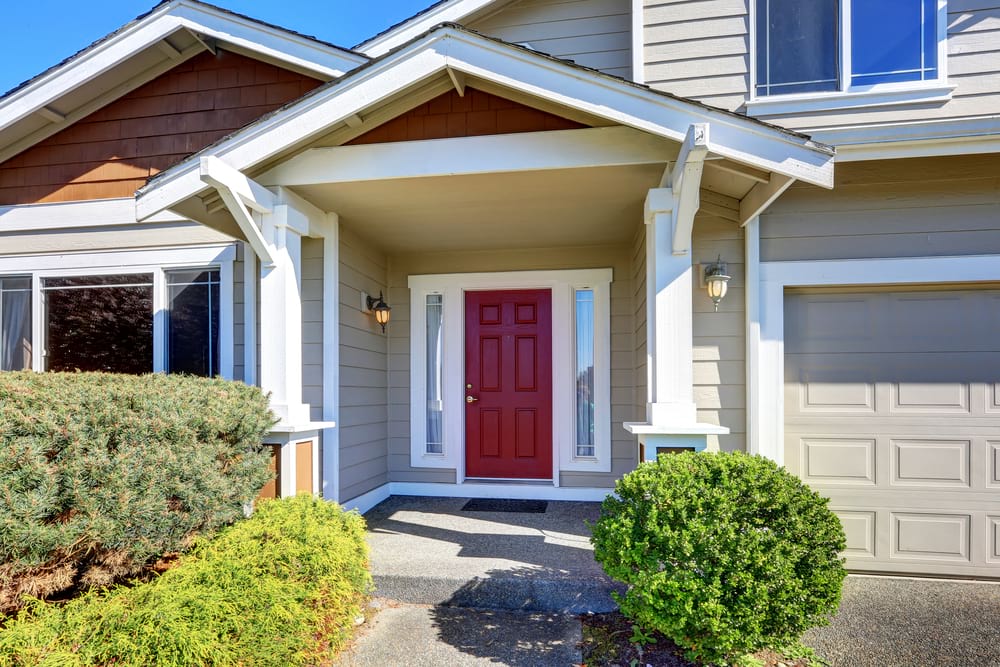Getting a mortgage can be stressful.
And maintaining one can be, too.
So, it’s no wonder many people dream of being mortgage-free.
Some achieve it – and most not by winning the lottery!
Read on to find out how they do it.
What does mortgage-free mean?
Mortgage-free typically means not having monthly mortgage payments, i.e., owning a home outright.
This could be because of having paid off a mortgage or never having had one in the first place.
You can technically be ‘mortgage-free’ by renting or living somewhere for free (with relatives or friends).
However, these scenarios are rarely framed as being mortgage-free in the same sense.
Tips to become mortgage-free
1. Overpay on your mortgage
Paying off your mortgage early has both pros and cons.
It will speed up the rate at which you build home equity. And you’ll pay far less interest over the years.
Remember that some lenders charge a fee for overpayment above a certain amount. This is often 10% of the remaining mortgage balance.
So, for example, if you have an outstanding balance of £200,000, you will need to pay an additional £20,000.
Clarify your precise early repayment fee with your provider. A financial adviser could help you to overpay in the most efficient way.
2. Remortgage regularly
Remortgaging refers to transferring to a different mortgage plan or provider or re-negotiating the terms of your existing mortgage.
You should keep confirming that you’re on the lowest rate possible. This ensures that you don’t pay more than you need to.
A broker could help you with this. Remortgaging can save you thousands of pounds in a best-case scenario.
3. Port a mortgage
Mortgage porting allows you to transfer your current mortgage terms to a new property.
Instead of getting a new mortgage when you move, you can transfer your existing mortgage onto your new home.
This avoids the need to pay off the original mortgage and secure a new one. So, it can ultimately save you effort and money (by preserving favourable interest rates).
4. Cut down your expenses
When you’re committed to living mortgage-free, it can involve some difficult choices about your lifestyle.
Reducing unnecessary expenses is a smart decision. Even if it seems like a small amount, it can have a significant impact over a month.
Common examples include:
- Cancelling subscriptions you don’t use
- Creating a budget
- Avoiding luxury purchases
- Cooking from home.
5. Commit to a shorter-term mortgage
Some people shy away from a shorter-term mortgage because the payments are higher.
But you’ll pay far less in interest as the years pass by. You’ll also get your mortgage paid off much faster.
Even if it increases your monthly expenses, the overall effect is beneficial.
6. Increase your income
Your income is the best way to improve your ability to overpay your mortgage.
Increasing it without changing your lifestyle means you’ll have more money to invest in your mortgage.
Think about negotiating a pay rise at work. Or apply for a new position with a higher salary.
You could even take up an extra job in your free time. Or you could rent a spare room in your property.
7. Downsizing
Downsizing can enable you to live mortgage-free. Many do this in the later years of their life.
The equity in your larger property can cover purchasing a smaller house. So, you won’t need to take out a mortgage.
